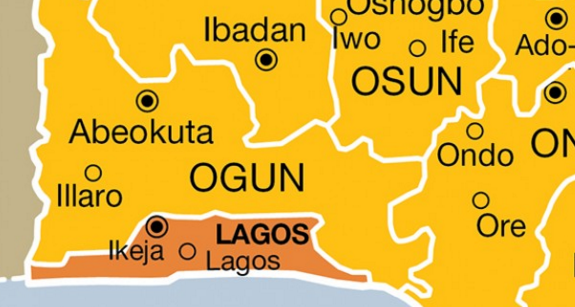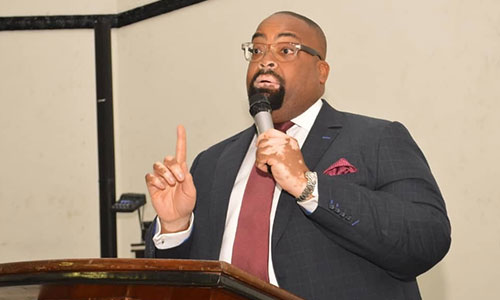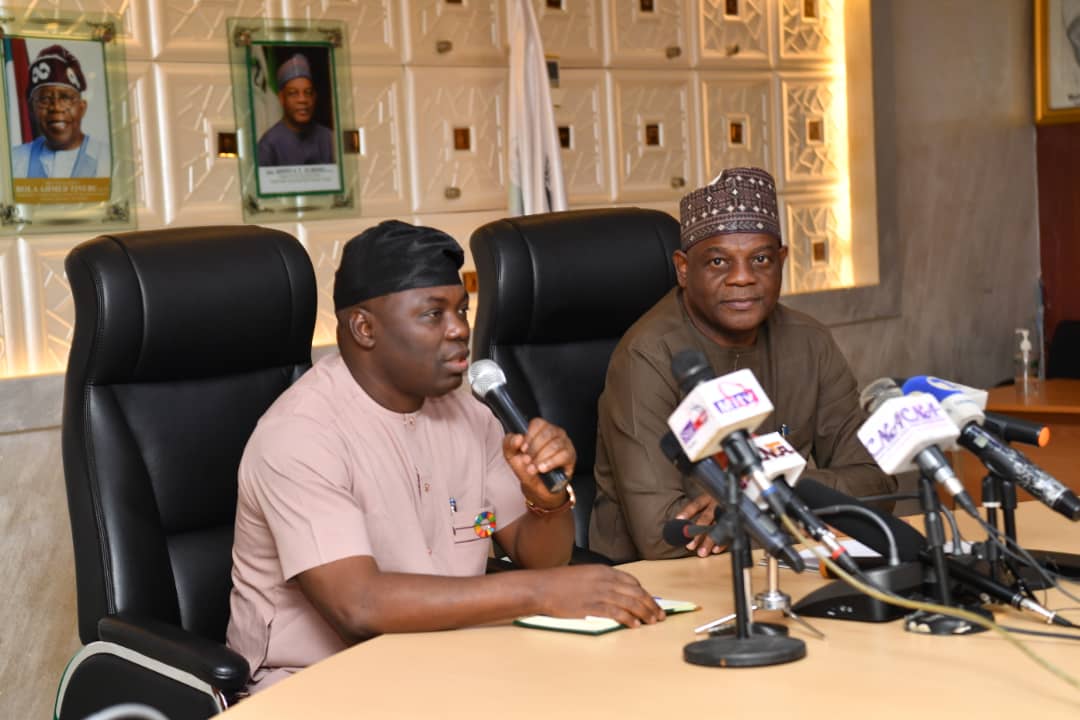The Nigeria Immigration Service (NIS) says it has rescued five ladies from a human trafficking syndicate at the Pashi checkpoint in Badagry LGA of Lagos state.
According to NAN, the ladies who are between the ages of 15 and 23 were rescued on Wednesday by the Lagos seaports and marine command of the NIS.
Mohammed Saddiq, comptroller of the command, said the victims were intercepted alongside one 26-year-old Blessing Anireta without any means of identification.
Saddiq said the command found out that the ladies were connected to members of a human trafficking syndicate in Lagos who were transporting them to other countries for prostitution.
Advertisement
“Preliminary investigation revealed that three of the victims who hail from Abia, Akwa Ibom and Plateau states were transported from their respective locations through the point of embarkation under the pretext of getting them legitimate employment in Mali, Benin Republic and Cote d’ Ivoire,” Saddiq said.
“In their separate statements, the unsuspecting first-time travellers, all female, said they were connected to members of the syndicate in Lagos who coordinated all transportation arrangements to the intended countries of destination.
“As at the time of the press briefing, the suspect is still at large. But we are on the trail with a view to apprehending him and other members of the syndicate.
Advertisement
“Upon profiling, it was further established that Anireta facilitated the unsuccessful journey with the intent to engage her companions in prostitution in their country of destination.
“The victims, whose ages range between 15 and 23, will at the end of the session be handed over to the National Agency for the Prohibition of Trafficking in Persons (NAPTIP) alongside the arrested suspects for further investigation.
“I wish to stress at this point that in keeping with the acting Comptroller General’s directive, the command was vigorously undertaking a 24/7 patrol of marine routes to stem the tide of human trafficking, migrant smuggling and other forms of transborder criminality.”
He solicited the support and cooperation of the public, especially those in riverine communities to share useful information with the command.
Advertisement
Add a comment






